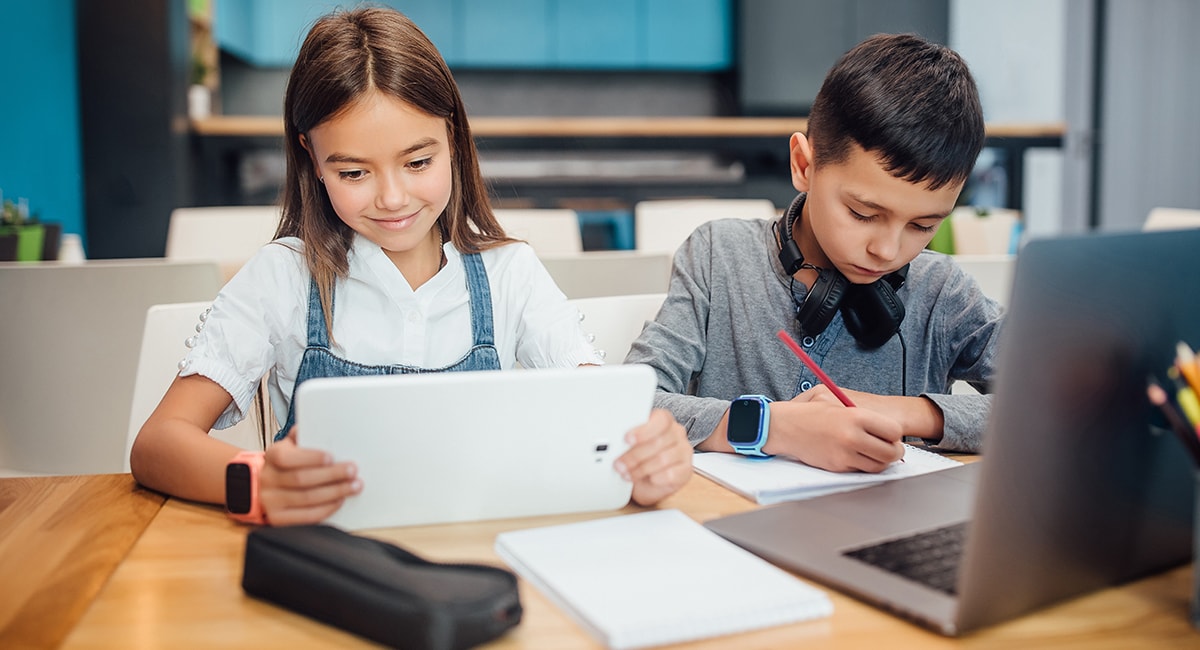Five Tips: Technologys Influence on Parenting Skills
To excel in parenting skills amidst technology’s advance, establish clear digital boundaries with your child. Involve them in crafting family agreements on screen time and online conduct. Make use of parental control tools to oversee their online activities and set app restrictions. Foster digital literacy by educating them on cyber safety and critical thinking. Encourage a balanced approach to screen time with diverse daily activities and family bonding. Stay vigilant by maintaining open communication, trust, and monitoring their digital interactions. Mastering these five tips will fortify your ability to navigate technology’s role in parenting.
Key Takeaways
- Establish clear digital boundaries to guide technology use.
- Utilize parental control tools for effective monitoring.
- Foster digital literacy through education and guidance.
- Balance screen time with diverse activities for kids.
- Maintain open communication and monitor online interactions.
Setting Digital Boundaries

To effectively navigate the complexities of technology’s impact on parenting skills, establishing clear and consistent digital boundaries is vital. Family agreements play an important role in this aspect. Sit down with your kids and establish rules regarding screen time, content consumption, and online behavior. By involving them in the process, you foster a sense of responsibility and mutual understanding.
When setting these boundaries, prioritize cyber safety. Discuss the importance of not sharing personal information online, recognizing potential dangers, and knowing how to handle cyberbullying. Emphasize the significance of maintaining privacy and being cautious while interacting on digital platforms.
Utilizing Parental Control Tools

Consider implementing parental control tools on devices to manage and monitor your child’s online activities effectively. When it comes to online safety, these tools can be invaluable in helping you safeguard your child from potentially harmful content or interactions on the internet.
By setting up app restrictions, you can control the type of applications your child can access, ensuring they’re age-appropriate and align with your values.
Parental control tools also allow you to monitor your child’s online behavior, giving you insights into their digital activities. This monitoring can help you identify any red flags early on and address them promptly.
Additionally, some tools offer features like time limits, which can help you regulate your child’s screen time and promote a healthy balance between online and offline activities.
Fostering Digital Literacy
Implementing parental control tools is an essential step towards fostering digital literacy in children and empowering parents to guide their child’s online experiences effectively. By utilizing these tools, you can establish boundaries that promote cyber safety and appropriate internet etiquette.
To enhance digital literacy, engage with your child about the importance of online safety. Teach them about the risks of sharing personal information and the significance of creating strong passwords. Encourage critical thinking when consuming online content, helping them differentiate between reliable sources and misinformation.
Modeling good internet etiquette is vital in shaping your child’s behavior online. Show them how to communicate respectfully in digital spaces and how to navigate social media responsibly. Emphasize the importance of being kind and considerate towards others in their online interactions.
Balancing Screen Time

Finding a healthy balance in managing your child’s screen time is vital for their overall well-being and development in today’s digital age. While technology offers numerous benefits, excessive screen time can have negative impacts on children.
It’s essential to incorporate a variety of activities into your child’s daily routine to guarantee a well-rounded upbringing. Encouraging family activities that involve interaction and engagement can help reduce screen time while fostering strong bonds within the family unit.
One effective way to limit screen time is by promoting outdoor play. Outdoor activities not only provide physical exercise but also stimulate creativity and imagination. Consider organizing weekend hikes, trips to the park, or even simple backyard games to encourage your child to disconnect from screens and connect with nature.
Communication and Monitoring

Effective communication and consistent monitoring are essential components of successful parenting in the digital age, ensuring that your child’s online activities are safe and appropriate. Open communication establishes trust between you and your child, making it easier for them to come to you with any concerns or issues they may encounter online.
Encourage your child to share their online experiences with you openly, without fear of judgment, so you can address any potential dangers promptly.
Active monitoring is equally vital in safeguarding your child online. Implement safety measures such as setting parental controls, monitoring their social media accounts, and educating them about online privacy and security.
Regularly check in on their online interactions and be aware of who they’re communicating with. By staying actively involved in your child’s digital life, you can better protect them from cyberbullying, inappropriate content, or online predators.
Frequently Asked Questions
How Can Parents Manage Technology Use During Family Outings?
During family outings, manage technology use by encouraging tech-free activities like hiking or playing outdoor games. Set boundaries by designating specific tech-free times. Foster family communication by engaging in meaningful conversations and bonding experiences without screens.
Are There Ways to Encourage Kids to Self-Regulate Screen Time?
Encouraging hobbies and setting boundaries around screen time can help kids self-regulate. Offer diverse activities, limit screen hours, and establish tech-free zones. Engaging in offline interests fosters balance and teaches healthy technology habits.
What Are Effective Methods to Teach Online Safety to Children?
When teaching online safety to children, emphasize cyberbullying prevention, recognizing online scams, understanding social media etiquette, and privacy protection. Encourage open communication, set clear rules, model safe internet use, and monitor online activities.
How Can Parents Promote Offline Activities Without Conflict?
To promote offline activities without conflict, balance hobbies by setting limits on screen time. Implement a reward system where completing chores or homework earns extra time for activities like sports or arts.
Is It Possible to Monitor Children’s Online Activities Discreetly?
Yes, it’s possible to monitor your child’s online activities discreetly using parental controls. However, balancing this with trust and privacy concerns is essential. Open communication about monitoring practices can help maintain a healthy parent-child relationship.
Conclusion
To sum up, by setting digital boundaries, utilizing parental control tools, fostering digital literacy, balancing screen time, and maintaining open communication with your children, you can navigate the influence of technology on parenting with confidence.
Remember, technology is a powerful tool that can enhance our lives, but it’s up to us as parents to guide our children in using it responsibly and safely.
Stay informed, stay engaged, and stay connected with your children in this digital age.

Chad Adan Kace, a young dad from Vermont, shares his parenting journey with a touch of humor and lots of love. Father to a lively baby, he explores the joys and challenges of fatherhood through his stories.







